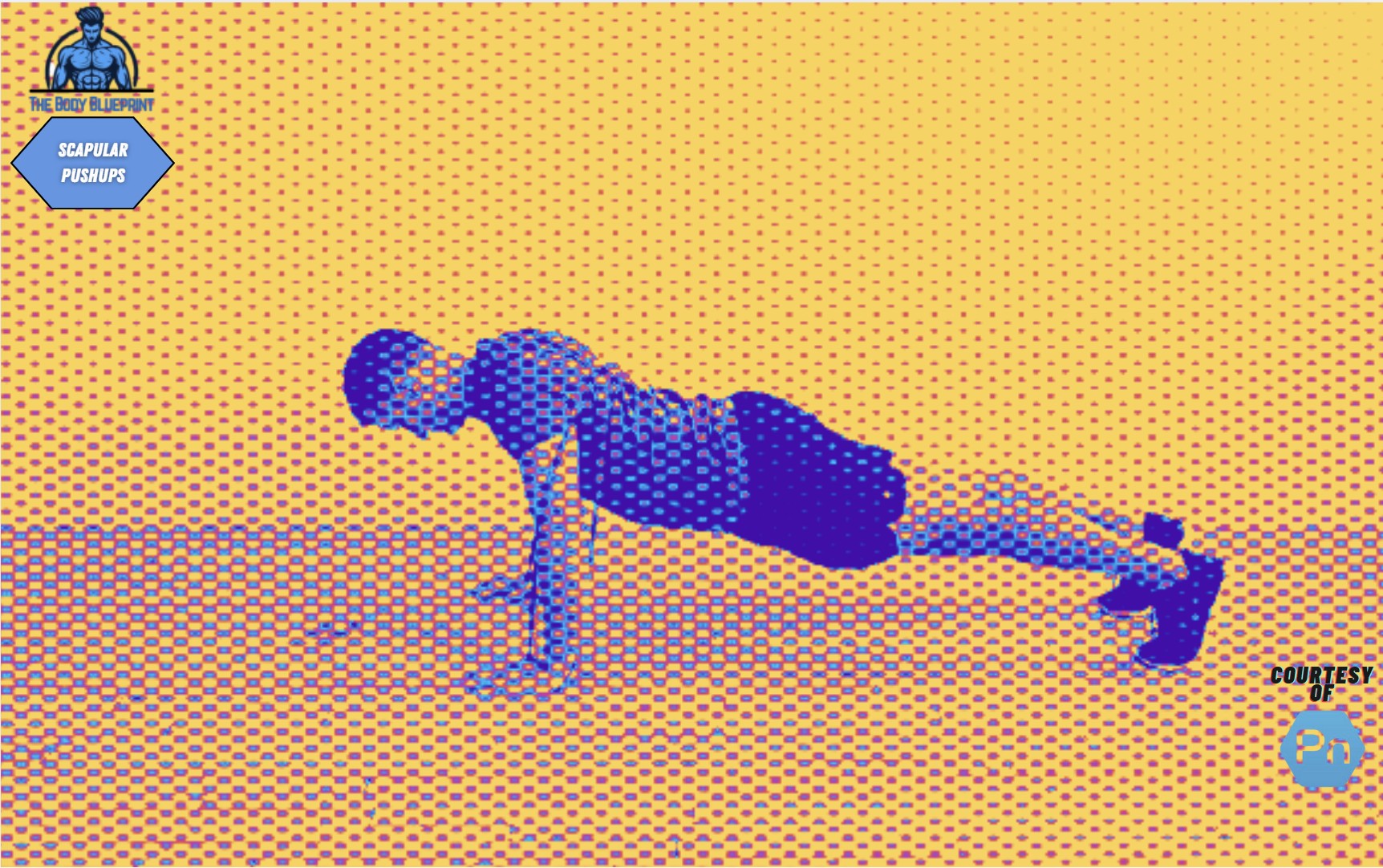If you’re chasing bulletproof shoulders, killer posture, and a chest that doesn’t just look good but performs like a dream, you need scapular pushups in your arsenal. These bad boys aren’t about pounding out reps for show. Nope, they’re about building rock-solid foundations, smoothing out those cranky shoulder kinks, and training smarter—not just harder.
Let’s dive into everything you need to know about scapular pushups: the technique, benefits, common mistakes, and why they should be part of your routine yesterday.

What Are Scapular Pushups, and Why Should You Care?
Scapular pushups are a targeted bodyweight movement that hones in on your shoulder blade (scapula) motion. They isolate the scapulothoracic joint, which plays a starring role in shoulder health, mobility, and stability.
This isn’t your typical pushup. There’s no elbow bending. Instead, the movement comes from retracting and protracting your shoulder blades while keeping your arms locked. It’s like unlocking the hidden gears of your upper body mechanics.
Benefits of Scapular Pushups: More Than Just Mobility
Why bother with scapular pushups when regular pushups exist? Here’s the deal:
- Bulletproof Shoulders: Strengthens the stabilizer muscles (like the serratus anterior) to prevent injuries.
- Posture Upgrade: Pulls those slouched shoulders back into alignment.
- Improved Bench Press & Pull-Ups: Enhances scapular control for stronger lifts.
- **Pain
Relief**: Helps alleviate shoulder impingement and nagging discomfort.
Table: Key Benefits of Scapular Pushups
| Benefit | What It Does |
|---|---|
| Shoulder Stability | Strengthens the scapular stabilizers for better control and injury prevention. |
| Improved Posture | Retrains your shoulders to sit back and down, counteracting daily slouching. |
| Serratus Anterior Growth | Activates and strengthens this often-neglected muscle. |
| Enhanced Athletic Power | Transfers to pushing and pulling strength for sports and lifting. |
How to Perform Scapular Pushups Like a Pro
Perfect form isn’t optional—it’s mandatory. Sloppy reps won’t just kill your progress; they might invite injury.
Step-by-Step Breakdown
- Set the Foundation: Start in a high plank position—wrists under shoulders, core tight, glutes engaged. Your body should form a straight line from head to heels.
- Engage the Core: Squeeze your abs as if bracing for a punch. No sagging or arching your lower back.
- Retract: Let your shoulder blades pinch together like they’re trying to hold a pencil.
- Protract: Push your shoulder blades apart as far as possible, rounding your upper back slightly.
- Repeat: Perform controlled reps, focusing on smooth, fluid scapular motion.
Pro Tips for Better Reps
- Slow Down: Speed kills control. Move deliberately to engage the right muscles.
- Breathe: Inhale as you retract, exhale as you protract.
- Don’t Shrug: Avoid letting your shoulders creep toward your ears.
Common Scapular Pushup Mistakes (and How to Fix Them)
Don’t sabotage your gains with bad habits. Here’s what to watch for:
- Mistake #1: Sagging Hips
- Fix: Engage your core and glutes to keep your body straight.
- Mistake #2: Shrugging Shoulders
- Fix: Focus on moving your shoulder blades, not lifting your traps.
- Mistake #3: Rushed Reps
- Fix: Slow down. Quality over quantity every time.
Variations to Keep Things Fresh
Once you’ve nailed the basics, spice things up with these variations:
- Knee Scapular Pushups: A beginner-friendly option to build strength.
- Weighted Scapular Pushups: Add a weight plate on your back for more resistance.
- Scapular Pushups on Rings: Increases instability for extra core and shoulder engagement.
Table: Scapular Pushup Variations
| Variation | Difficulty Level | Focus Area |
|---|---|---|
| Knee Scapular Pushups | Beginner | Building foundational strength. |
| Weighted Scapular Pushups | Intermediate | Adding resistance to challenge stabilizers. |
| Ring Scapular Pushups | Advanced | Boosting stability and core engagement. |
How to Integrate Scapular Pushups Into Your Routine
Not sure where these fit? Here’s the cheat code:
- Warm-Up: Use them to prep your shoulders for heavy pressing movements.
- Cooldown: Include them post-workout to release tension and improve mobility.
- Rehab/Prehab: Perfect for keeping shoulders healthy in the long term.
Scapular Pushups vs. Traditional Pushups
How do scapular pushups stack up against their regular counterparts? Let’s compare:
Table: Scapular Pushups vs. Traditional Pushups
| Feature | Scapular Pushups | Traditional Pushups |
|---|---|---|
| Primary Focus | Shoulder mobility and scapular control | Chest, triceps, and core strength |
| Joint Stress | Minimal | Moderate |
| Suitable for Rehab | Yes | Sometimes |
| Muscle Groups Activated | Serratus anterior, rhomboids, traps | Pecs, delts, triceps, abs |
FAQs About Scapular Pushups
Q: Can scapular pushups fix shoulder pain?
A: They can help alleviate shoulder discomfort caused by poor posture or weak stabilizers, but consult a professional for persistent pain.
Q: How often should I do scapular pushups?
A: 2-3 times a week is ideal for most people, depending on your goals and overall routine.
Q: Are scapular pushups effective for building muscle?
A: While they primarily target mobility and stability, they contribute to muscle endurance and can support growth when combined with other exercises.
Takeaway
Scapular pushups are like the unsung heroes of your fitness game—quietly building strength, improving posture, and safeguarding your shoulders. Add them to your routine, and you’ll feel the difference not just in the gym but in everyday life. Ready to unlock next-level shoulder stability? Let’s get moving!
